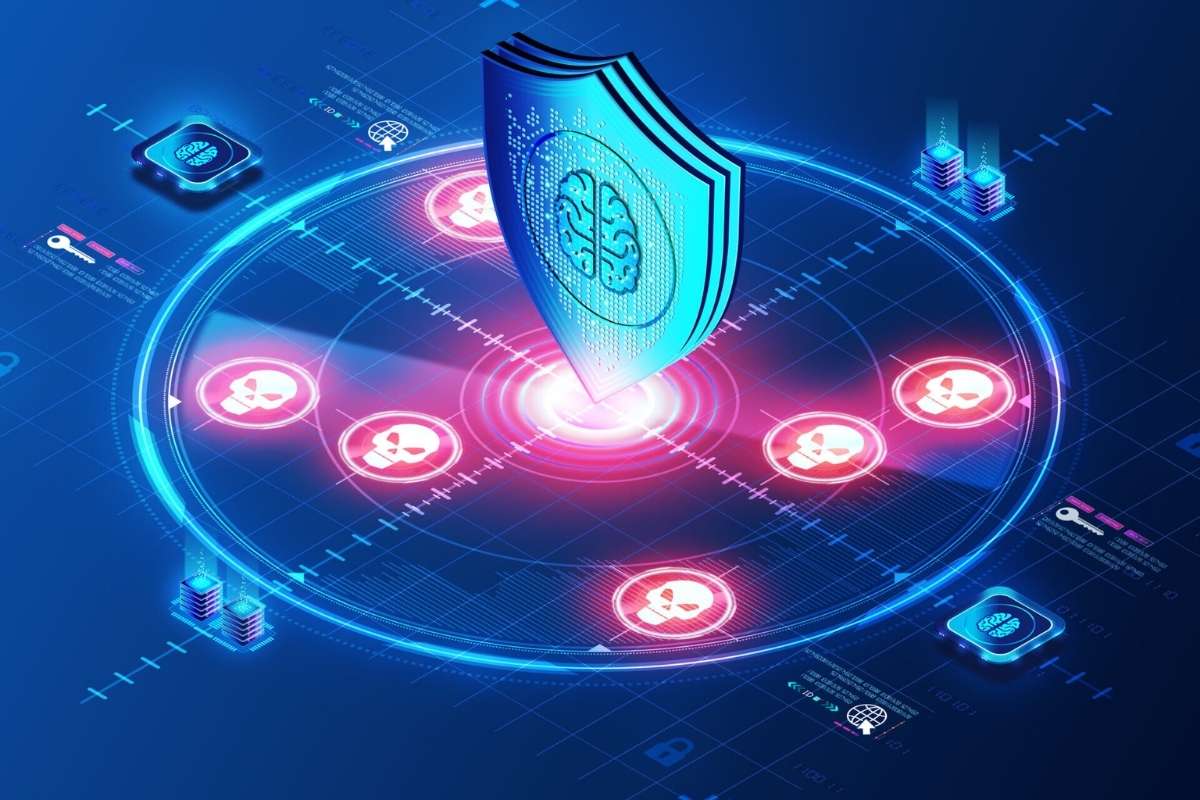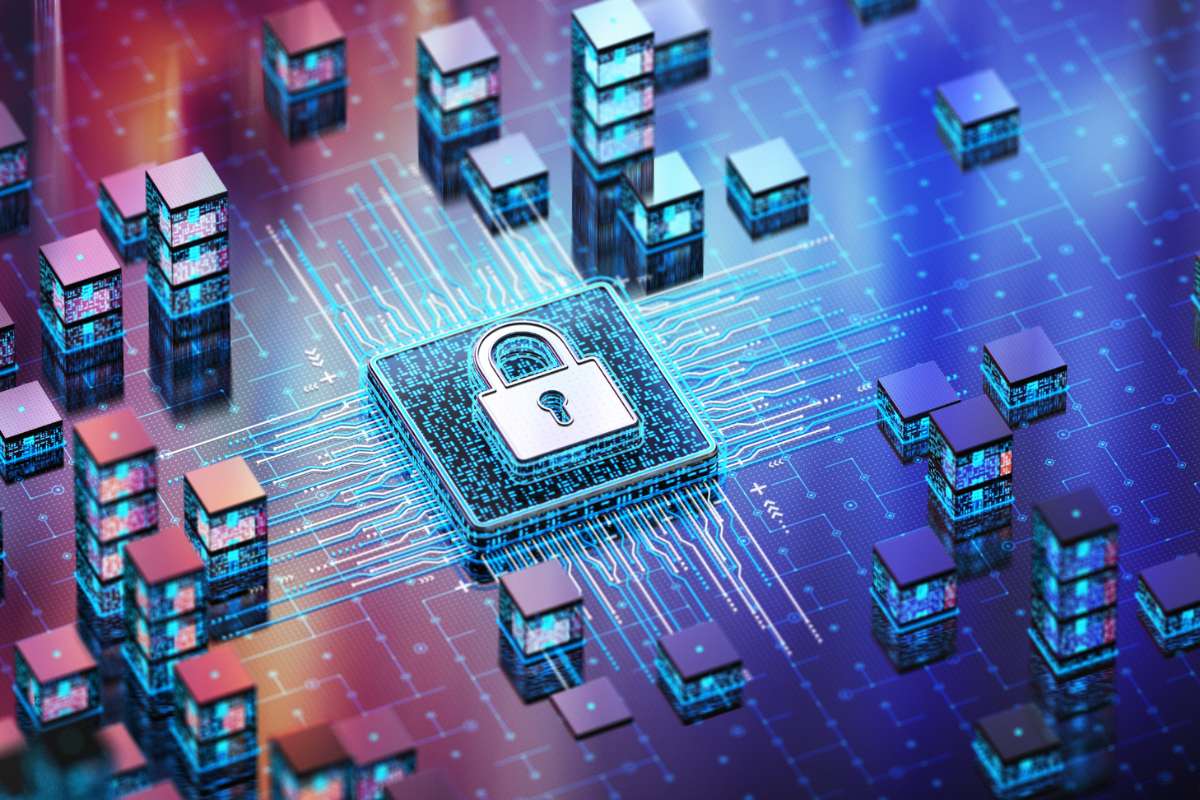In the ever-expanding realm of cybersecurity, few adversaries command as much attention and concern as Pegasus spyware. Crafted by the NSO Group, a renowned Israeli cyber intelligence firm, Pegasus represents a seismic shift in digital surveillance capabilities, possessing the ability to penetrate mobile devices with unparalleled stealth and sophistication. In this in-depth exploration, we embark on a journey into the labyrinthine world of spyware, unraveling its genesis, multifaceted functionalities, pervasive implications, and imperative protective measures.
Understanding Pegasus Spyware:
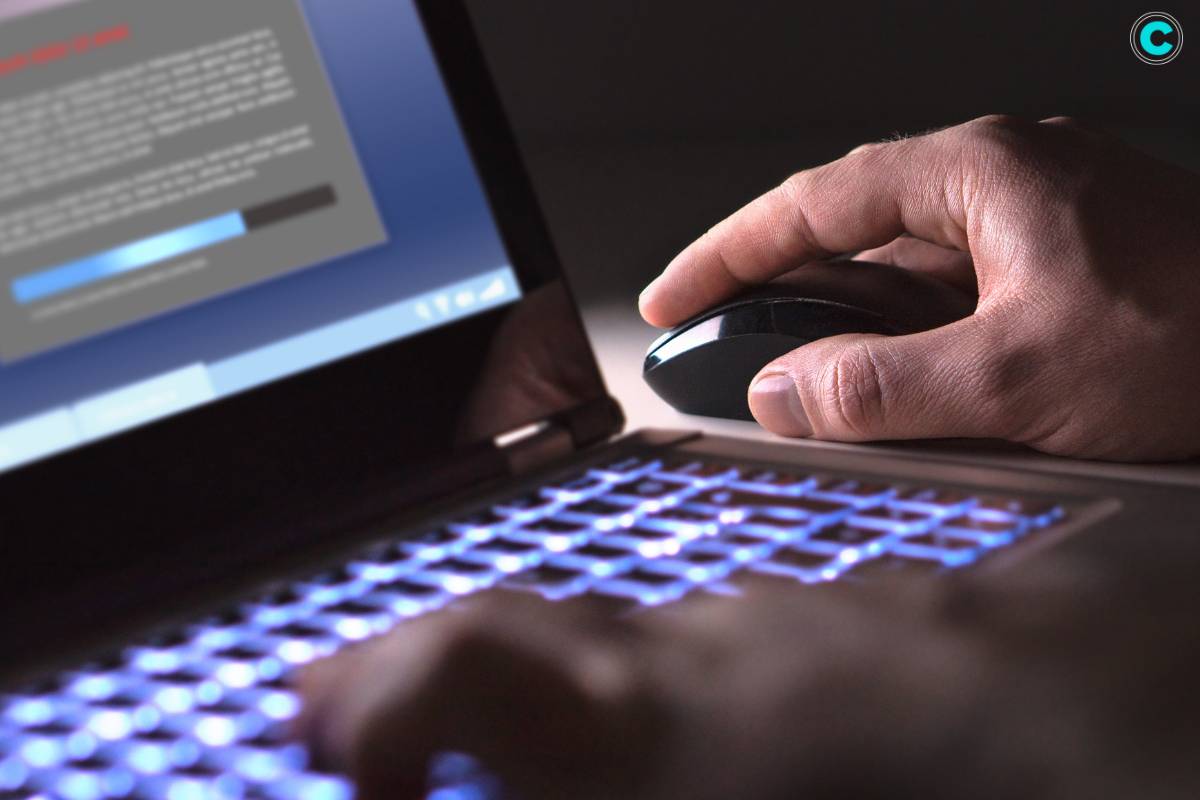
Pegasus spyware stands as the epitome of surreptitious surveillance, engineered with singular precision to clandestinely infiltrate mobile devices and harvest a wealth of sensitive data. Beyond conventional malware, Pegasus operates on a level of intricacy that renders it virtually indiscernible to the untrained eye. Its arsenal encompasses a spectrum of capabilities, from intercepting communications and tracking location data to surreptitiously activating microphones and cameras, endowing its operators with unprecedented access to the digital lives of their targets, all executed without detection.
The Modus Operandi of Pegasus Spyware:
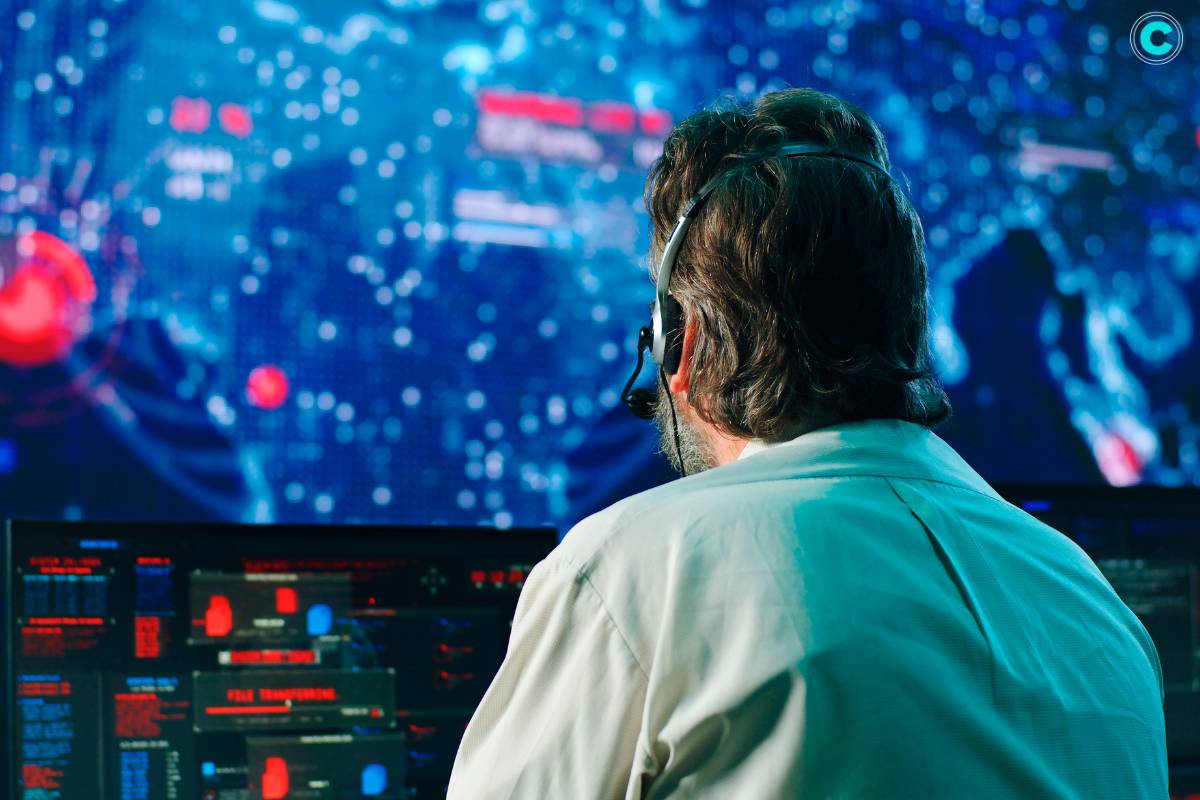
The deployment strategies are as diverse as they are insidious, leveraging an array of infiltration vectors to ensnare unsuspecting victims. Zero-click exploits, hailed as the pinnacle of cyber subterfuge, empower Pegasus to infiltrate devices without any user interaction, exploiting vulnerabilities in popular applications or operating systems. Alternatively, phishing attacks serve as another favored avenue of ingress, luring users into clicking on malicious links or downloading infected attachments, thereby facilitating the surreptitious installation of Pegasus.
Implications of Pegasus Spyware:
The ramifications of a Pegasus infection extend far beyond the confines of the digital domain, casting a long shadow over privacy, security, and individual autonomy. For those ensnared in its web, the specter of privacy invasion looms large, with personal communications, confidential data, and sensitive information laid bare to prying eyes. Journalists, activists, politicians, and human rights advocates find themselves particularly vulnerable to the insidious tendrils of Pegasus, as the spyware serves as a potent instrument for stifling dissent, suppressing investigative journalism, and undermining democratic principles.
Protective Measures Against Pegasus Spyware:
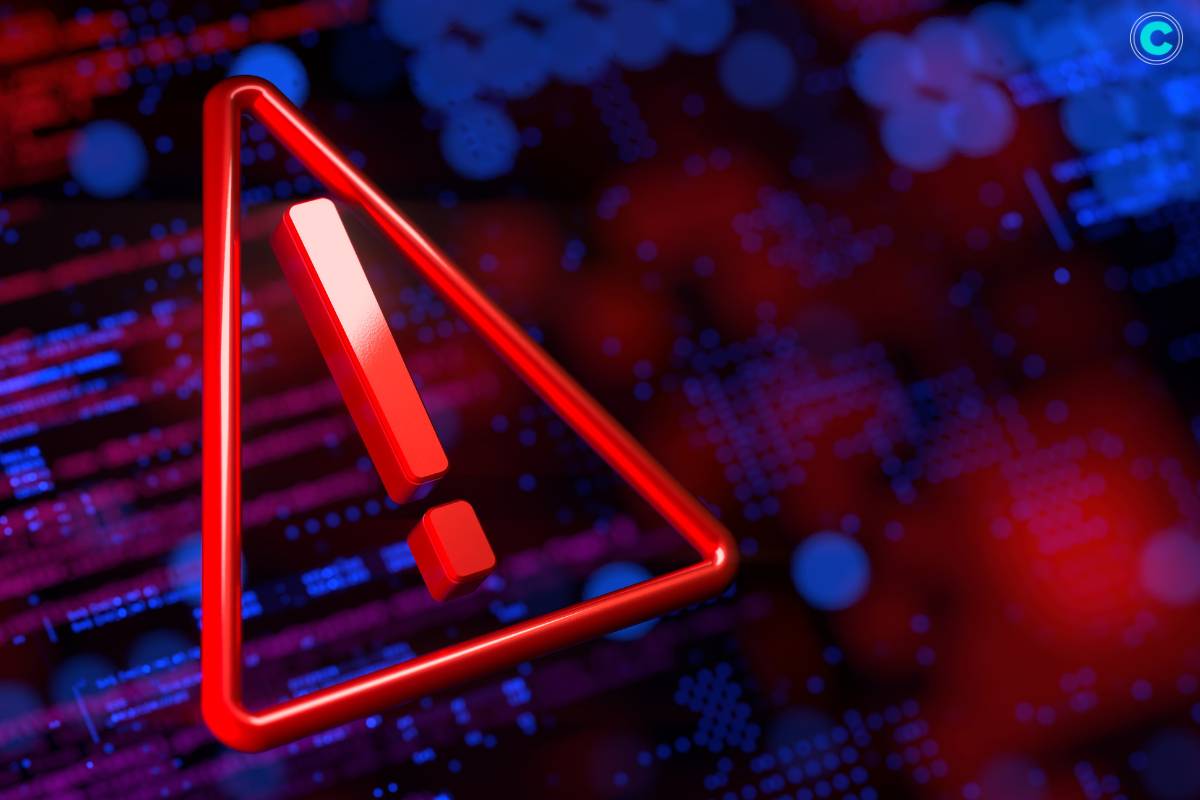
Defending against the pervasive threat of Pegasus spyware demands a proactive and multifaceted approach to cybersecurity. Regular software updates serve as the vanguard of defense, fortifying devices against known vulnerabilities exploited by Pegasus. Robust security solutions, ranging from antivirus software to intrusion detection systems, play a pivotal role in detecting and neutralizing the presence of Pegasus on infected devices. Moreover, fostering a culture of cyber vigilance, characterized by prudent online behavior and heightened awareness of phishing attempts, further bolsters defenses against Pegasus and other digital adversaries.
FAQs (Frequently Asked Questions)
1. What is Pegasus Spyware, and How Does It Operate?
It is a sophisticated surveillance tool developed by the NSO Group, an Israeli cybersecurity firm. It infiltrates mobile devices, including smartphones, granting unauthorized access to the device’s data, communications, and functionalities. Pegasus operates covertly, often exploiting vulnerabilities in popular applications to install itself silently without the user’s knowledge.
2. How Does Pegasus Spyware Infect Devices?
It employs various infection vectors, including zero-click exploits, phishing attacks, and malicious links. Zero-click exploits leverage vulnerabilities in software to install the spyware without any interaction from the user. Phishing attacks involve sending deceptive messages with links or attachments containing the spyware. Once clicked, the spyware is installed on the device, giving attackers remote access.
3. What Are the Risks Associated with Pegasus Spyware?
The risks posed by Pegasus spyware are profound and wide-ranging. Individuals targeted by Pegasus face invasion of privacy, compromise of sensitive information, and potential surveillance by malicious actors. Journalists, activists, politicians, and high-profile figures are particularly vulnerable to targeted attacks, which can have severe consequences for freedom of speech, democracy, and human rights.
4. How Can Individuals Detect and Mitigate Pegasus Spyware Attacks?
Detecting Pegasus spyware can be challenging due to its stealthy nature. However, individuals can look for signs such as unusual battery drain, unexpected data usage, or unexplained device behavior. Regularly updating device software and using reputable security software can help mitigate the risk of infection. Additionally, being cautious of unsolicited messages or links and practicing good cybersecurity hygiene is essential for protection.
5. What Measures Can Organizations Take to Defend Against Pegasus Spyware?
Organizations must implement robust cybersecurity measures to defend against Pegasus spyware attacks. This includes conducting regular security assessments, patching software vulnerabilities promptly, and implementing network segmentation to limit the spread of infections. Employee training and awareness programs are crucial for recognizing and reporting suspicious activity, while endpoint security solutions can provide an additional layer of defense against spyware infiltration.
Conclusion:
In an epoch defined by digital interconnectedness and technological progress, the specter of Pegasus spyware looms ominously, posing a formidable challenge to the sanctity of our digital lives. As the digital landscape continues to evolve, so too do the capabilities of Pegasus and other advanced cyber threats, necessitating a constant evolution in our defensive strategies.
The implications of a Pegasus infection are profound and far-reaching, transcending mere breaches of privacy to encroach upon the fundamental tenets of democracy, individual liberty, and human rights.
For journalists, activists, politicians, and advocates, the threat posed by Pegasus is not merely theoretical but a stark reality, with lives and livelihoods hanging in the balance. The chilling effect of this spyware on free speech, investigative journalism, and civil liberties reverberates across societies, fostering an atmosphere of fear and mistrust.
In the face of such a formidable adversary, the imperative to fortify our defenses against spyware has never been more urgent. While technological solutions such as antivirus software and intrusion detection systems provide a crucial line of defense, the battle against Pegasus extends beyond the realm of code and algorithms. It demands a collective commitment to cyber vigilance, characterized by prudent online behavior, a heightened awareness of phishing attempts, and a steadfast dedication to protecting our digital sovereignty.
Moreover, the fight against Pegasus spyware necessitates a broader conversation about ethics, accountability, and the rule of law in the digital age. As governments grapple with the implications of state-sponsored surveillance and the erosion of individual privacy, it falls upon civil society, technology companies, and international organizations to advocate for transparency, oversight, and the protection of human rights in the face of digital authoritarianism.
In this ongoing struggle, knowledge emerges as our most potent weapon. By educating ourselves about the workings of Pegasus spyware, remaining vigilant against potential infiltration, and advocating for policies that safeguard our digital freedoms, we can erect formidable barriers against the encroaching darkness of Pegasus spyware, preserving the integrity of our digital ecosystems and upholding the principles of democracy, privacy, and individual autonomy for generations to come.




